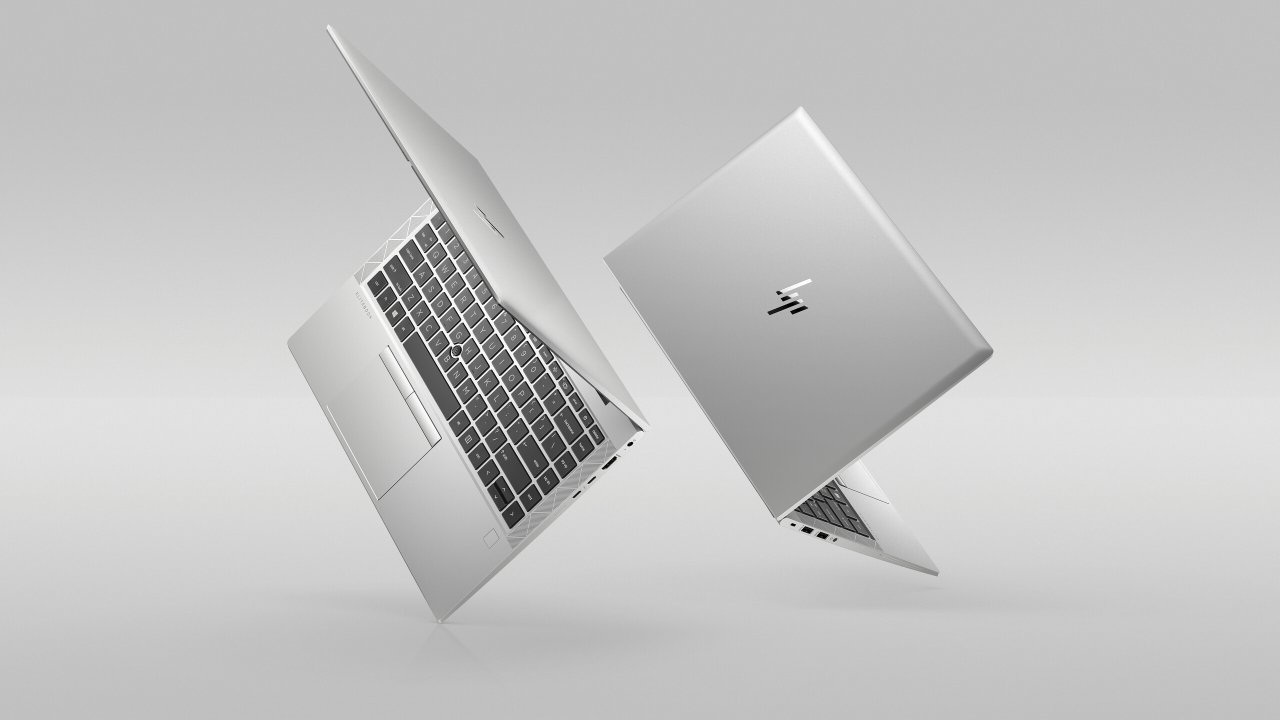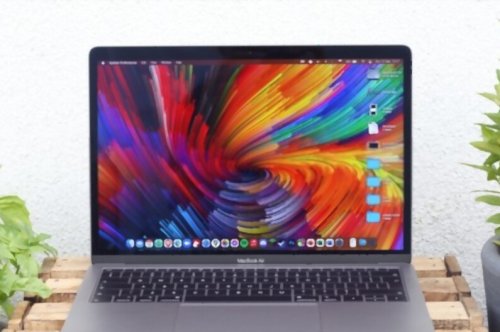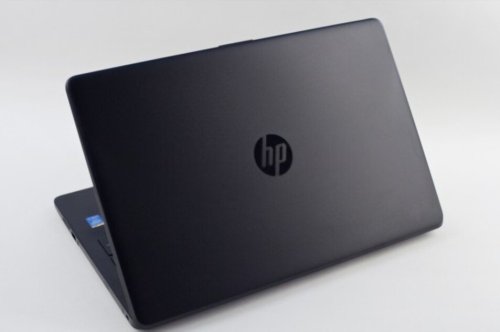Difference Between Apple Macbook And Hp EliteBook

Apple MacBook and HP EliteBook are both popular laptop choices for different user groups. Let's discuss the differences between them, along with their advantages and disadvantages.
-
Design:
MacBook: Apple is known for its sleek and elegant designs. MacBook laptops have a unibody aluminum construction, which gives them a premium and stylish look.
EliteBook: HP EliteBook laptops also offer a professional and robust design. They often come with durable chassis and business-oriented design aesthetic.
-
Operating system:
MacBook: MacBooks run on macOS, Apple's proprietary operating system. MacOS is known for its user-friendly interface, stability, and seamless integration with other Apple devices and services.
EliteBook: EliteBooks typically run on Windows, a widely used operating system. Windows offers broader software compatibility and customization options than macOS.
-
Performance and hardware:
MacBook: Apple focuses on high performance with optimized hardware and software integration. MacBooks often have powerful processors, fast storage options (SSD), and excellent battery life. However, they may have limited upgrade options.
EliteBook: HP EliteBooks are designed in a range of configurations to cater to different user needs. They offer a variety of processors, RAM options, storage choices, and graphics cards. EliteBook models may also have additional security features and upgrade options.
-
Display:
MacBook: Apple MacBook displays are known for their high-quality Retina displays with excellent color accuracy and sharpness. They often have a standard 16:10 aspect ratio, offering a more immersive viewing experience.
EliteBook: EliteBooks generally offer a range of display options, including Full HD and 4K resolution panels. They may also have touch screen functionality, depending on the model and user preferences.
-
Connectivity and ports:
MacBook: Apple adopts minimalist designs, which results in fewer ports. MacBooks typically feature Thunderbolt 3 (USB-C) ports, which offer high-speed data transfer and charging capabilities. Users may require adapters or dongles to connect legacy devices.
EliteBook: HP EliteBooks generally offer a wide variety of ports, including USB Type-A, USB Type-C, HDMI, Ethernet, and SD card slots. This can benefit users who rely on a variety of peripherals and accessories.
Advantages of the MacBook:
-
User-friendly interface and seamless integration with other Apple devices.
- Excellent build quality and stylish design.
- Optimal performance with optimized hardware and software.
- High-quality Retina displays.
- Long battery life and fast storage options.
Disadvantages of the MacBook:
- Limited customization and upgrade options.
- Higher price range than some Windows laptops.
- Restricted gaming options due to limited software compatibility.
EliteBook Advantages:
- Wide range of configuration options to suit different user needs.
- The Windows operating system offers a broader range of software compatibility.
- Durable construction and a business-oriented design.
- Additional security features are available on some models.
- More connectivity ports and options for peripherals
EliteBook disadvantages:
- Design may be less visually appealing than MacBooks.
- Relatively heavier and bulkier than some MacBook models.
- Windows updates and compatibility issues occasionally arise.
Battery life may vary depending on configuration and usage.
In summary, the Apple MacBook and HP EliteBook have different strengths and cater to different user preferences. MacBooks are known for their premium design, seamless integration with the Apple ecosystem, and optimized hardware and software performance. On the other hand, EliteBooks offer a wider range of configuration options, more connectivity ports, and greater compatibility with Windows. Ultimately, the choice between the two depends on individual needs







